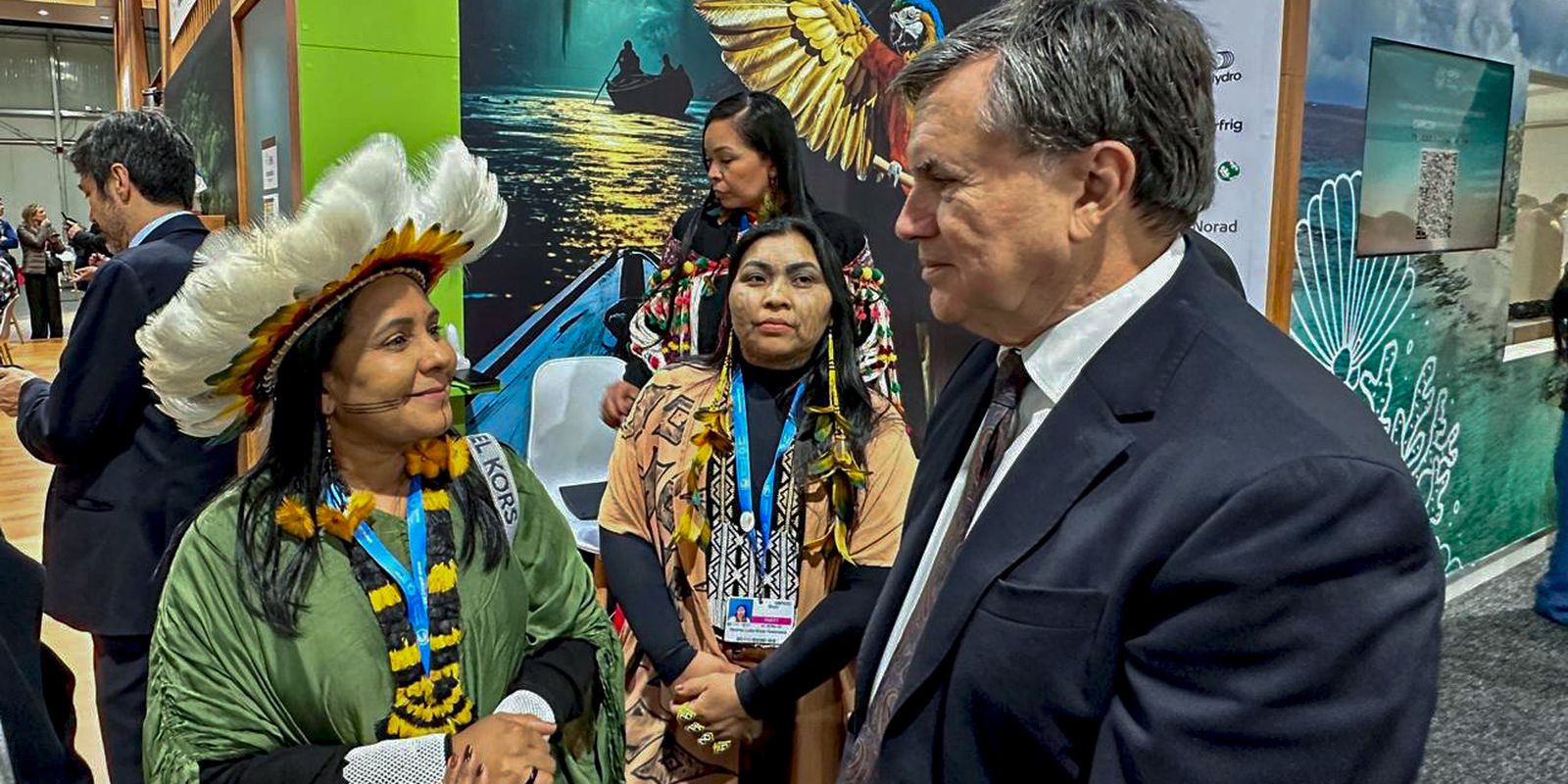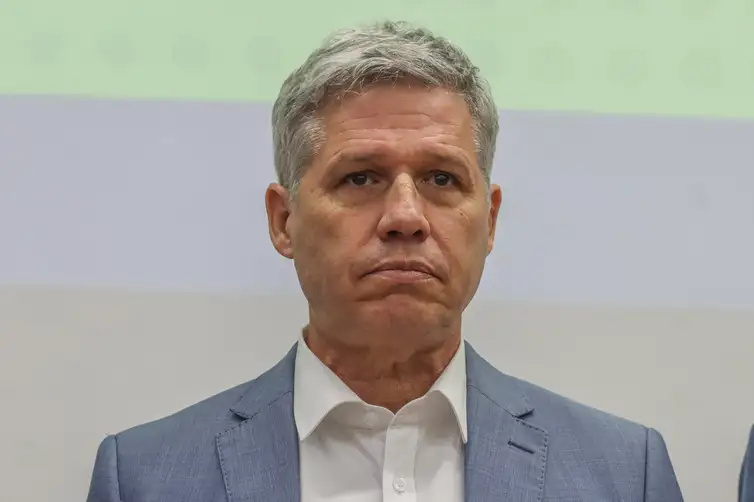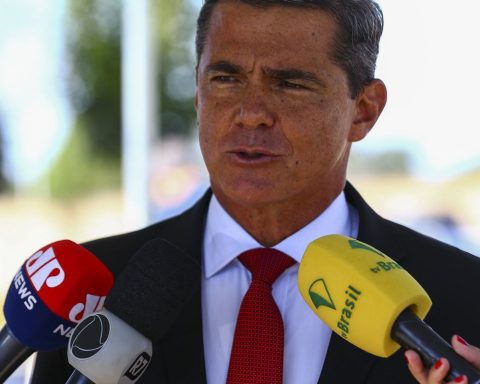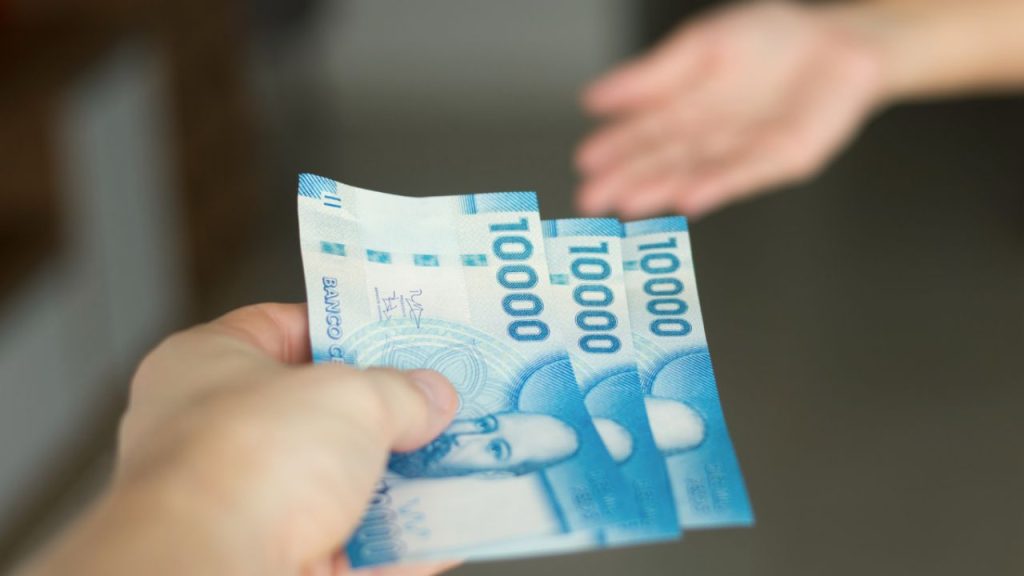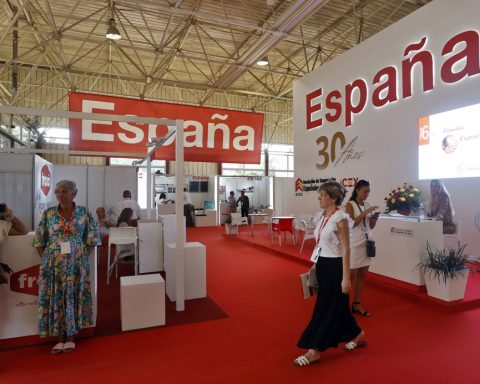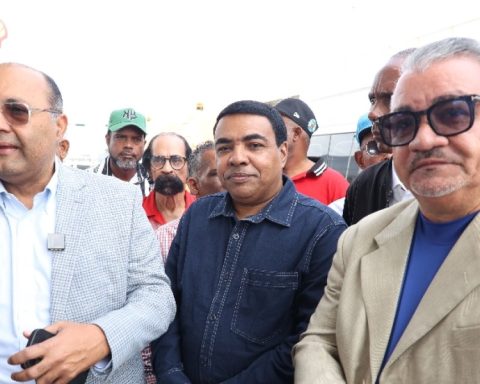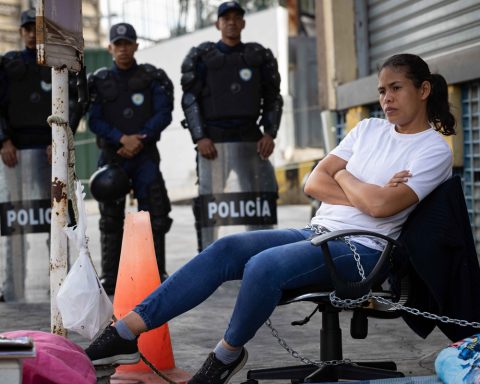For the third consecutive year, the Inter-American Institute for Cooperation on Agriculture (IICA) brought the House of Sustainable Agriculture to the 29th United Nations Conference on Climate Change (COP29), in Baku, Azerbaijan. It is a space for debates about how the sector can transform to face climate change.
The challenge goes far beyond new production practices, says IICA’s CEO, Manuel Otero (photo). For him, it is also necessary to show the world that the sector is capable of committing to the sustainability of the planet.
“To achieve this we work in different dimensions. One of them is a new generation of public policies that recognize the new limits of agriculture as a sector that has to be environmentally responsible, nutritionally intelligent, that keeps up with what happens in international trade, but also socially responsible. Furthermore, we are building a new narrative”, he said.
In this direction, IICA brought to Azerbaijan visions and models of success that occur in the 34 countries in the Americas that make up the institution. Over the 12 days of the conference, the space will host more than 50 panels and dialogues involving the participation of hundreds of producers, academics and representatives of government institutions and civil society.
Models
Among them, the Minister of Agrarian Development of Brazil, Paulo Teixeira, who participated in the Climate Action panel: voices of producers in the fight against climate change.
In the presentation, the minister took stock of the last four months of the National Program for Strengthening Family Agriculture (Pronaf), with the increase in food production through financing initiatives with fewer greenhouse gas emissions.
In comparison with 2023 – the last four months ending in October -, according to the minister, the results can already be noticed.
“We increased financing for organic and agroecological agriculture by 28.5% compared to a 23.7% reduction for transgenic agriculture. We also had a 20% growth in machines, equipment and implements – R$6.3 billion in financing machines for small farmers. We saw an increase in the production of beans, onions, potatoes, cabbage, carrots and a reduction in soybean production in family farming of 14%”, he detailed.
Together with the Tropical Agricultural Research and Teaching Center (Catie) and RCC Caribbean – an organization created within the framework of the UN Framework Convention on Climate Change to provide support to small island states, particularly those most vulnerable to climate change – IICA also carried out, for the first time, a panel within the official opening program of COP29.
Financing
With the title Adaptation through the Nature-Based Solutions Approach to Measure Vulnerability and Risks in the Latin America and Caribbean Region, the meeting debated how to make agriculture more sustainable and resilient to climate change.
“What we want is to have sustainability. This sustainability will only happen if we have a vision of transforming the Brazilian agricultural production sector and this will not happen through spontaneous generation. This will happen with a public policy and financing strategy that makes this transition viable”, stated the former director general of the World Trade Organization (WTO), Roberto Azevedo.
For him, the creation of a regulatory framework with several instruments that financially reward investments in the transition to the green economy is a way of making the sector more committed to sustainable forms of production.
“If you have a regulatory system that provides for a minimum remuneration, an indexation of the price of the final product, a mixture in the final fuel that meets a certain level, all these elements are small and seem independent, but they are not. Depending on the regulatory framework you create, the investor will make the transformation because it is interesting for him”, he explained.
Roberto Azevedo added that such a structure would serve as a complement to state subsidies and financing.
“I personally don’t believe that the incentive always has to be a State expense. Because the State will not have money. Especially in countries in the region – Brazil, Argentina – these are not countries with an infinite budget. This transition has to be done intelligently, with a regulatory framework that helps and promotes, encourages [para que] the investment comes from the producer himself”, he explained.
In enabling the decarbonization of agriculture, Azevedo also points out another complementary element for the forms of financing, which would be the technological development of the sector.
“When we talk about sustainability, technology and innovation play a huge role and they are changing day by day. What is sustainable today will not become sustainable. You will find more modern production methods and technologies that will improve and accelerate this transition. So, it is not a static process, it is a dynamic process. Every moment, every day, a new innovation appears, a new form of production”, he added.
COP30 in Belém
According to Manuel Otero, in addition to exchanging experiences, IICA also works to create connections between people who can promote this transformation of agriculture. A meeting with the governor of Pará, Helder Barbalho, who will host COP30, in 2025, in Belém, also sought to align, in Baku, the agendas for the next meeting of the Inter-American Board of Agriculture, with the 34 ministers of Agriculture in the Americas , every two years, is held in Belém, on the pre-COP agenda.
According to Otero, accelerating the transition is an urgency that must be understood by the sector and based on the well-being of the next generations. “IICA considers itself an institution that builds bridges. We have to strengthen bridges between agriculture and the environment, between cities and rural areas. So, small farmers and medium producers, large producers, we all have to pursue the cause of sustainable development. Everyone, and no one can be left out, no one can be left behind”, he concludes.
For the governor of Pará, the proximity of the agriculture sector to the environmental agenda will bring new opportunities to accelerate the transition towards a more sustainable economy.
“Land use represents 96% of emissions in Pará territory. Therefore, working towards better use of land is certainly within the central strategies so that Pará can reduce its emissions”, he said.
*The reporter traveled at the invitation of the Inter-American Institute for Cooperation on Agriculture (IICA)
